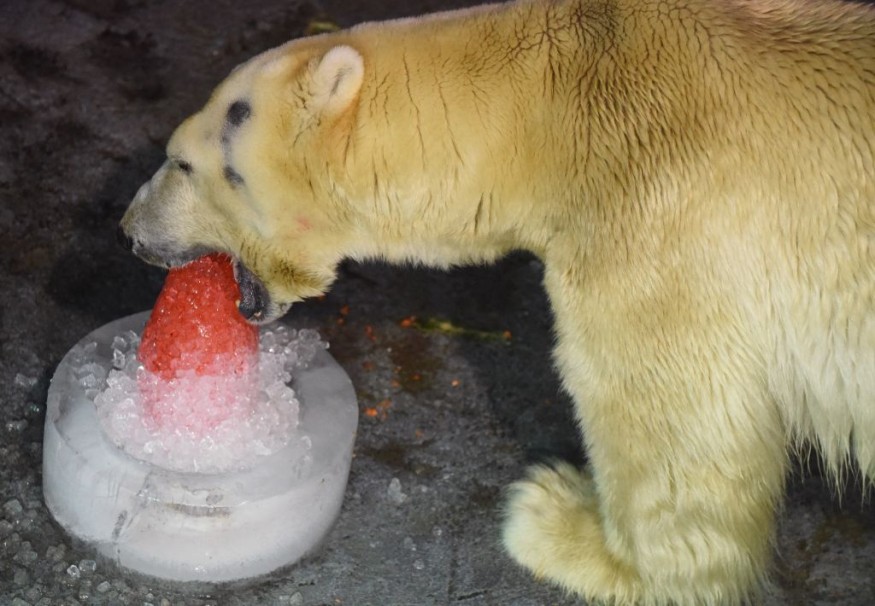
Japanese authorities have issued warnings to the public about the dangers posed by wild bears following recorded attacks on humans, including police officers, in the northeast of the country.
Bear Attack
A video of a bear about 1 meter (3 feet) in size was captured in Fukushima prefecture by officials in charge of wildlife damage. and was roaming around in a residential area.
On Saturday, police officers responded to a report of a dead man lying on the ground in the local woods.
During the time the authorities were attending to the dead body, the bear attacked them. They suffered injuries to their arms and heads and are in serious condition, although not life-threatening.
The man had reportedly gone bamboo shoot hunting in the highlands a few days earlier, when he was discovered dead with gash wounds. It is still unknown if a bear assaulted him, resulting in his death.
After a police aircraft inspected the area, a party of hunters and police headed to the scene on Sunday to try again to recover the body.
But when they realized it would be hard to ensure safety, they turned back. On Monday, they intend to talk about what to do next.
To keep people from visiting the area, the local government and police have blocked off nearby roads. The people in the area are being asked to exercise caution.
The prefectural police of Akita have advised residents to stay indoors throughout the night and to have bells and other noise-making items handy in case they come across bears.
Thousands of Asiatic black bears can be found all over Japan's wild.
Attacks have increased as it becomes more difficult to distinguish between a bear's habitat and a human's home. The increased number of bear encounters is also attributed to the paucity of acorns, berries, and other food, which may be related to climate change.
AI Bear Warning System
After a record number of assaults on humans in the last year, Japan is going to test an AI bear-warning system.
A trial system in the central Japanese prefecture of Toyama will track live feeds from private, municipal, and government security cameras to detect bears in close proximity to people and promptly alert hunters, police, and relevant local authorities. AI will also be used to track bears' movements and make predictions about where they might end up in the future.
Should the plan prove effective, it will be used in other regions of the nation where bear numbers are substantial.
Bear assaults caused 219 injuries and six fatalities throughout 19 prefectures in the year to March, the greatest number recorded since national data became accessible.
Thirty cameras have been positioned along rivers that flow from neighboring mountains into the city of Hanamaki, in the northeastern prefecture of Iwate, as part of a trial project for another AI monitoring system.
Along the rivers, bear sightings are frequently reported, with alerts transmitted to a monitoring station and nearby communities. In order to prevent the animals from entering the city without killing them, the city is working with the manufacturer of security systems on deterrent strategies.
© 2025 NatureWorldNews.com All rights reserved. Do not reproduce without permission.





